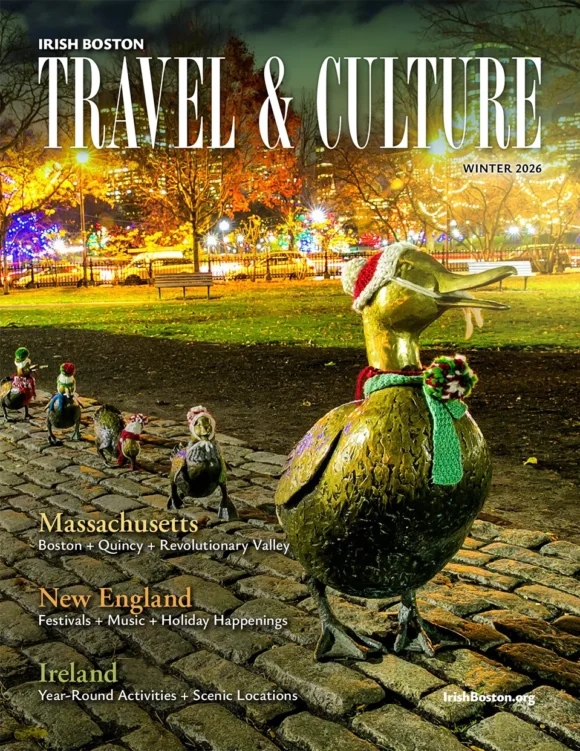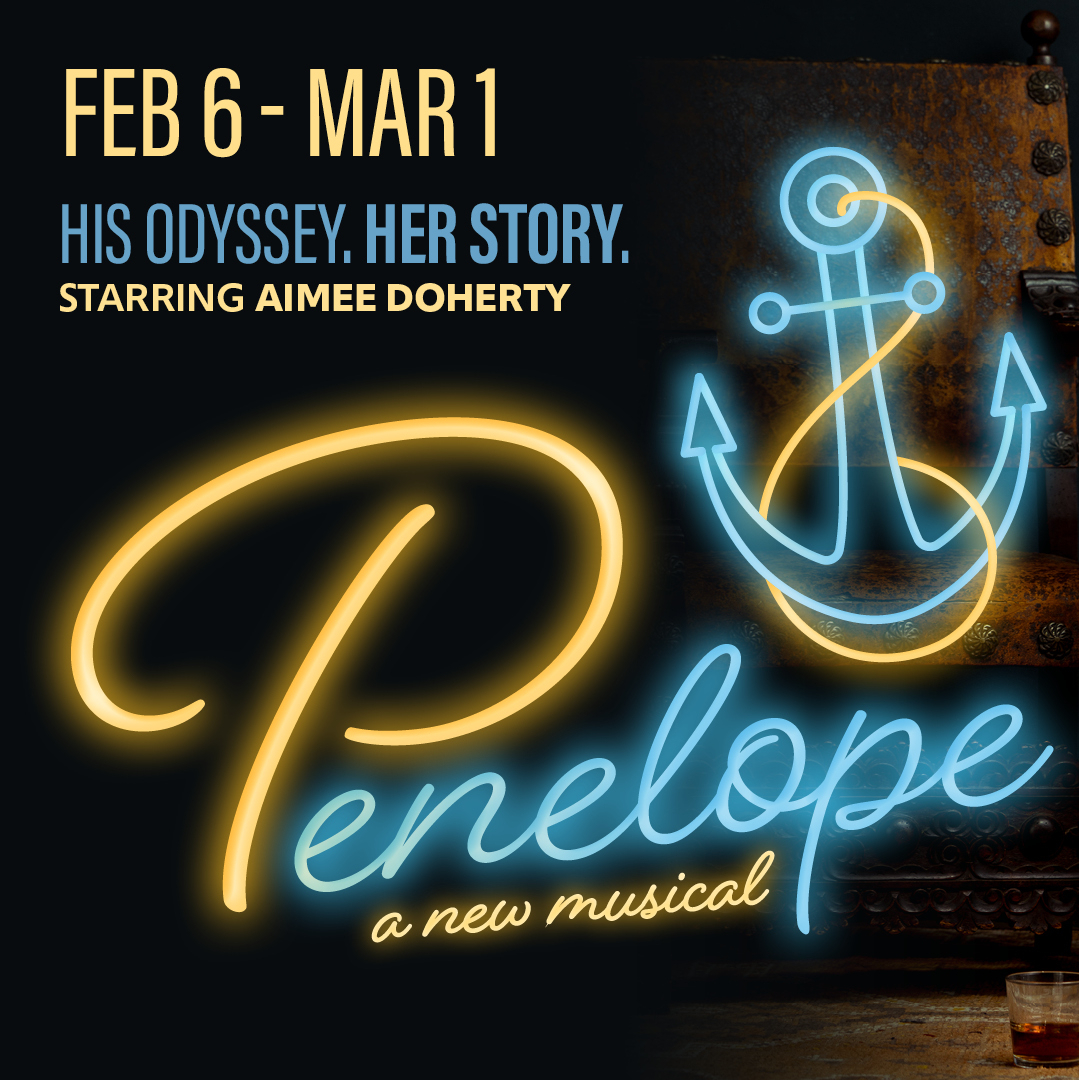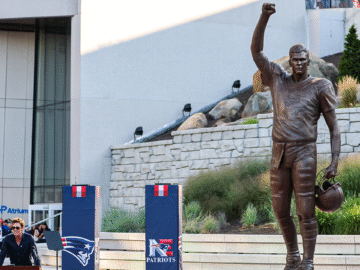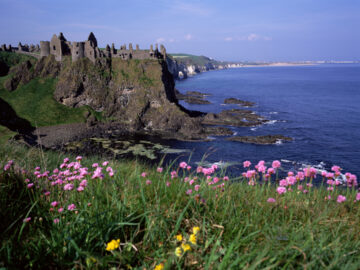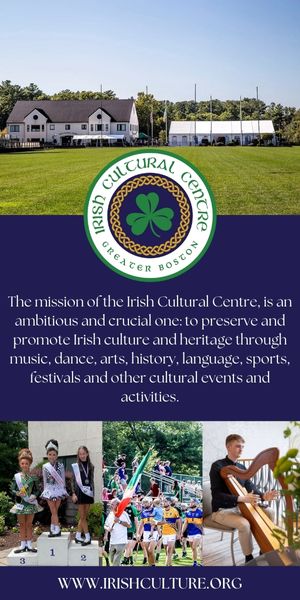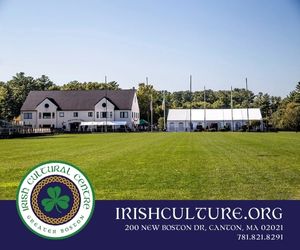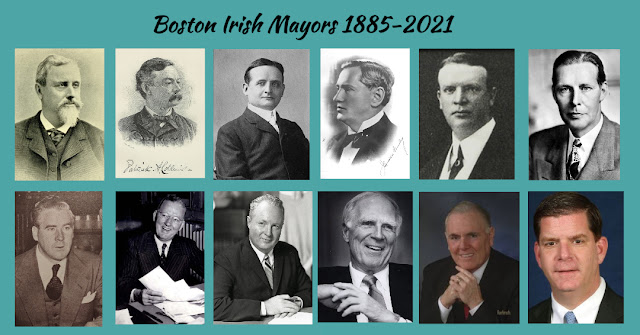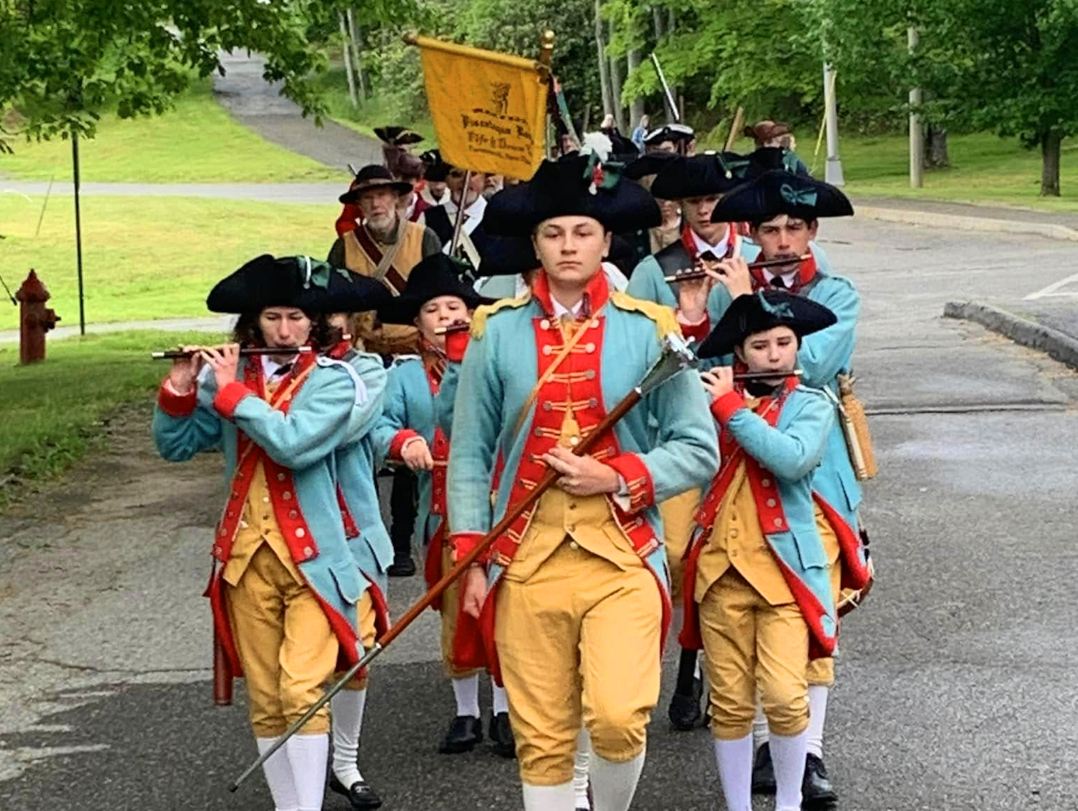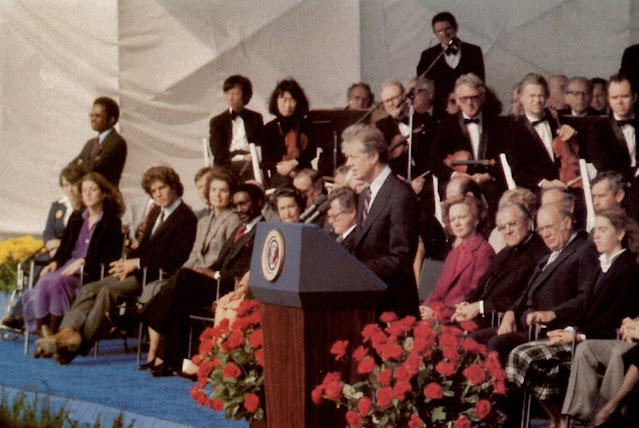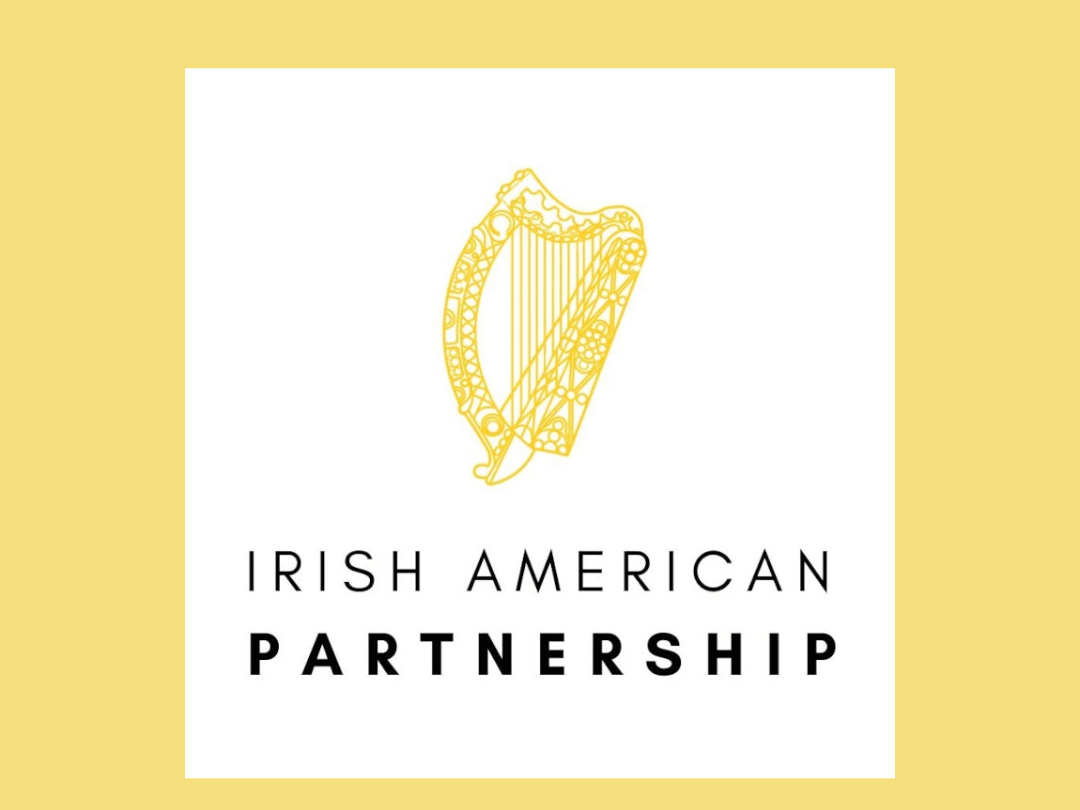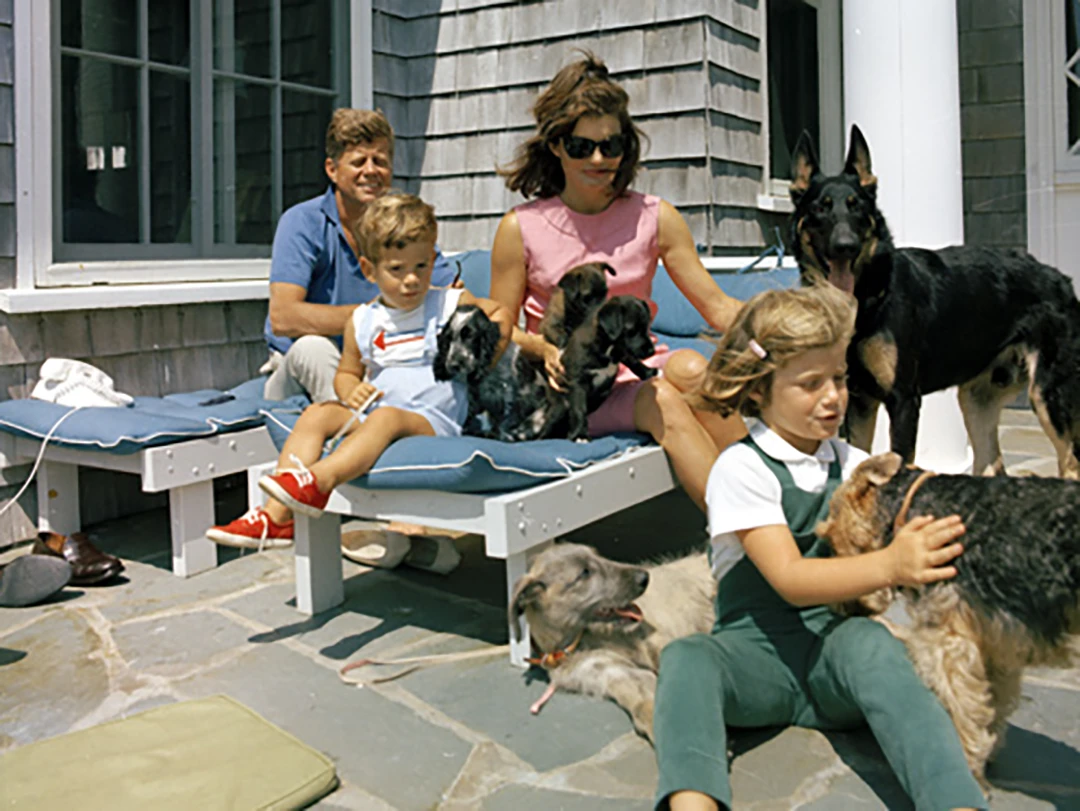John Boyle O’Reilly: Rebel with a Cause

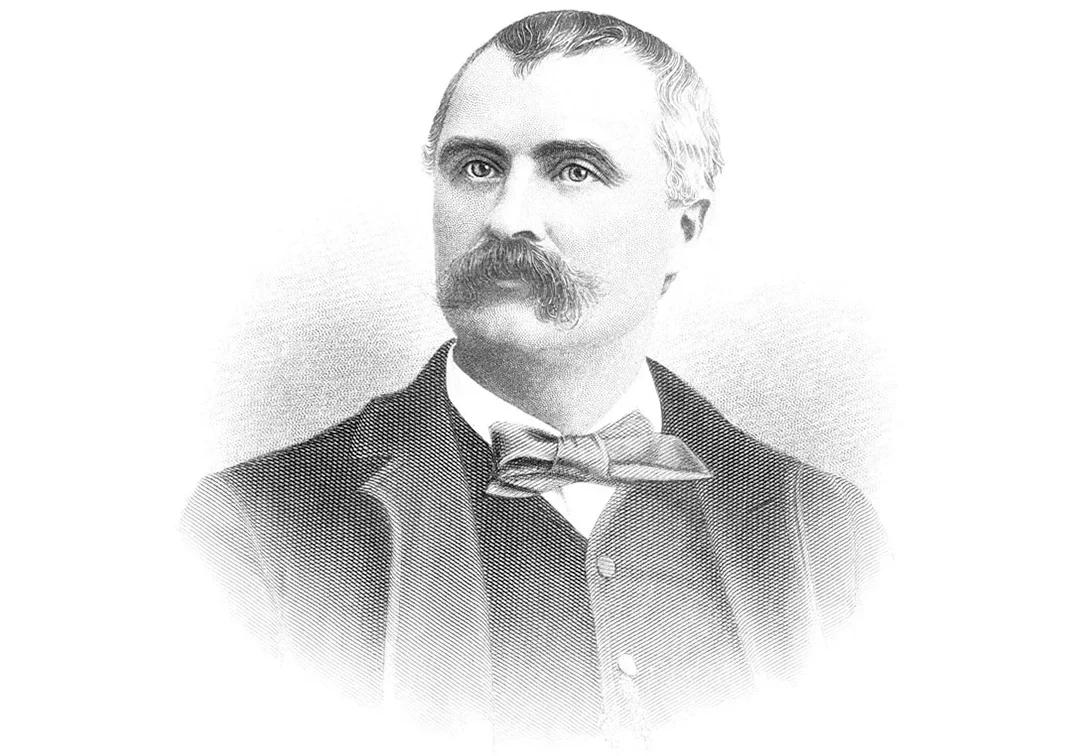
By the time Irish immigrant John Boyle O’Reilly arrived in Boston in 1870, at age 26, he had already come face to face -in the most urgent manner- with issues of freedom, liberty and justice.
As a child, born in 1844, he survived that terrible Irish Famine decade which killed one million Irish and sent another two million refugees fleeing their country for Boston, Halifax and New York.
As a teenager O’Reilly became an Irish rebel, devoted to driving the British out of Ireland. He joined the British Army – the sole job option for so many Irish – planning not to defend the Empire but rather to undermine it by learning military skills.
When the British discovered his sedition they tired him for treason and sentenced him to 22 years of hard labor. After two years in an English jail, he was shackled with 60 other political prisoners on a prison ship that took him to remote Western Australia, where he toiled in the boiling sun for the Empire.
Within months he had hatched a daring, dangerous plan to escape, running at nights through the jungle, dodging guards and their hunting dogs, until he reached the ocean, where he rowed a small boat out to sea and was picked up by an American whaling ship out of New Bedford named the Gazelle. He boarded the ship then transferred to another whaler, dodging British naval ships until he had avoided capture.
So by the time O’Reilly arrived in Boston as a young man, he was infatuated by the possibilities of democracy and ready to change the world. And that’s what he tired to do over the next 20 years of his life.
He became a writer, expressing his ideals at a prolific pace through poetry, fiction, lectures and essays in the Boston Pilot, which made him the editor. He became a great orator, reciting his poems at large public gatherings, or debating others on civil rights, human rights and civil liberties at Faneuil Hall.
His ideals transcended race, religion and nationality, and he spoke out forcefully and consistently on the plight of Blacks, immigrants, American Indians and other downtrodden people seeking a foothold in American life.
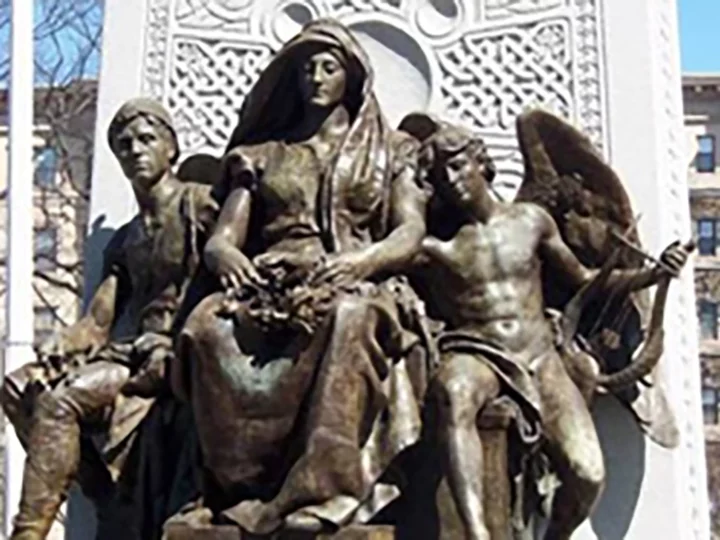
He wrote a poem praising Boston Massacre victim Crispus Attucks, the nation’s first Black martyr, and befriended Black leader Fredrick Douglass, inviting him to write columns in the Pilot and to march in Boston’s St. Patrick’s Day parade.
He defended Chinese immigrants and Jewish immigrants and objected to the way native American Indians were treated in America’s westward expansion.
O’Reilly lived in Boston for just 20 years, but during that time, he became Boston’s leading reconciler. He ushered in a new era of acceptance for the city’s Irish, admonishing the Boston Brahmin political establishment while also gaining their respect for his sincerity and his intellectual gifts.
His poem on the death of his friend Wendell Phillips, the great abolitionist, sums up his philosophy:
There are no classes or races,
But one human brotherhood.There are no creeds to outlaw,
No colors of skin debarred.Mankind is one in its rights and wrongs.
One right, one hope, one guard.The right to be free, the hope to be just,
and the guard against selfish greed
In addition to his activism and commitment to the public good, O’Reilly was a happy family man. He married Mary Murphy of Charlestown and they settled in the neighborhood at 34 Winthrop Street near St. Mary’s Church, where the couple raised their four daughters. They had a summer home in Hull, which later became the town’s Public Library.
O’Reilly became an avid sportsman and outdoorsman, cherishing the joy of paddling down a river by himself, or attending giant Irish picnics with races and games.
When he died suddenly from an accidental overdose of medication at age 46 on August 10, 1890, O’Reilly was mourned by thousands who attended his funeral mass at St. Mary’s and his death was covered by newspapers around the world.
On June 20, 1896, his friends unveiled the John Boyle O’Reilly Memorial at the intersection of Boylston Street and Westmoreland Street in the Fenway. Created by master sculptor Daniel French, it features allegorical figures of Ireland, flanked by poetry and patriotism.
The Memorial, part of Boston’s Irish Heritage Trail, serves as a lasting tribute to one of Boston’s greatest citizens, a man whose words and actions still resonate today. John Boyle O’Reilly deserves to be remembered as a great leader whose trials and tribulations brought him to a higher understanding of humanity to which he devoted his life.
Enjoy articles like this?
Join our mailing list and have the latest sent to your inbox.

